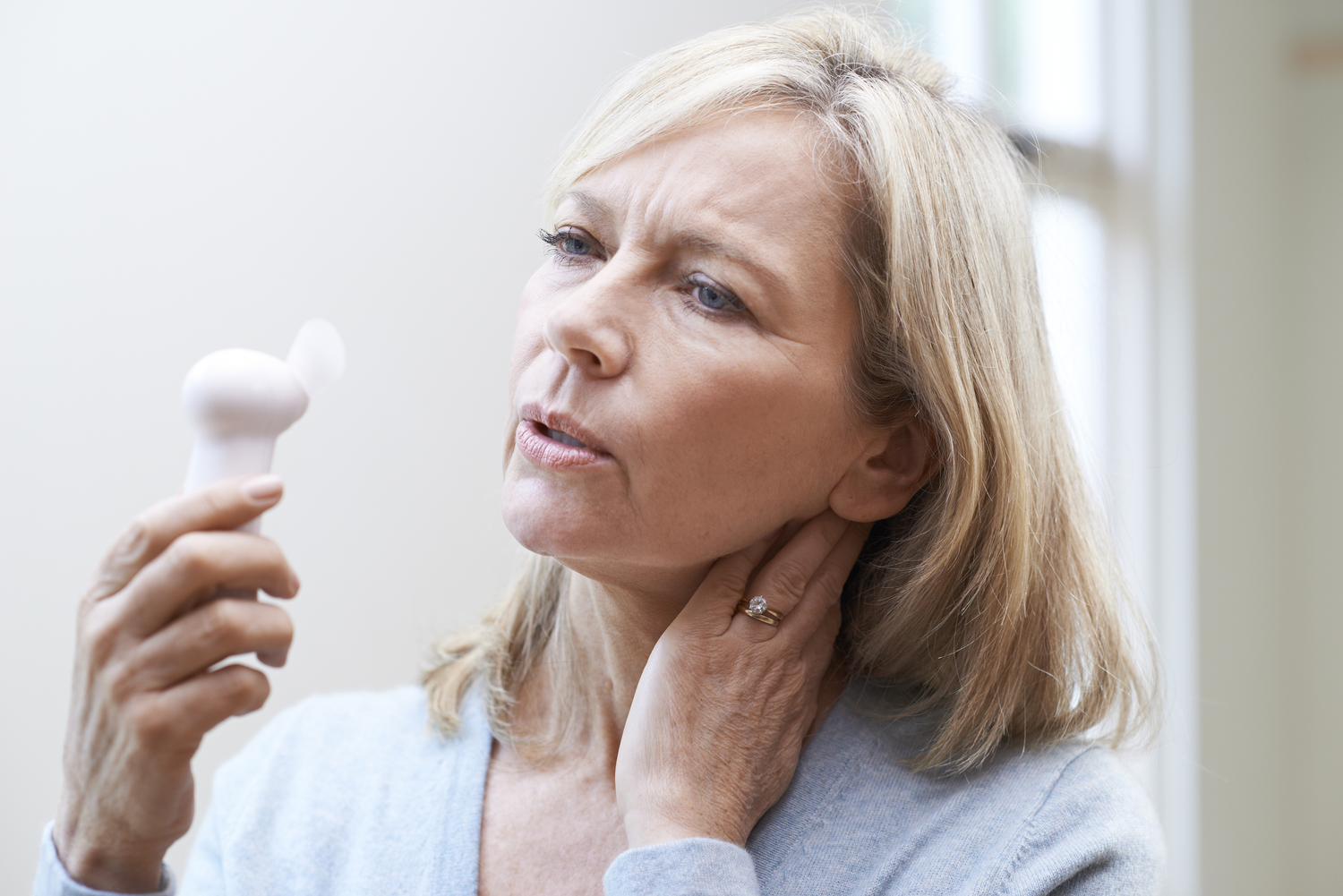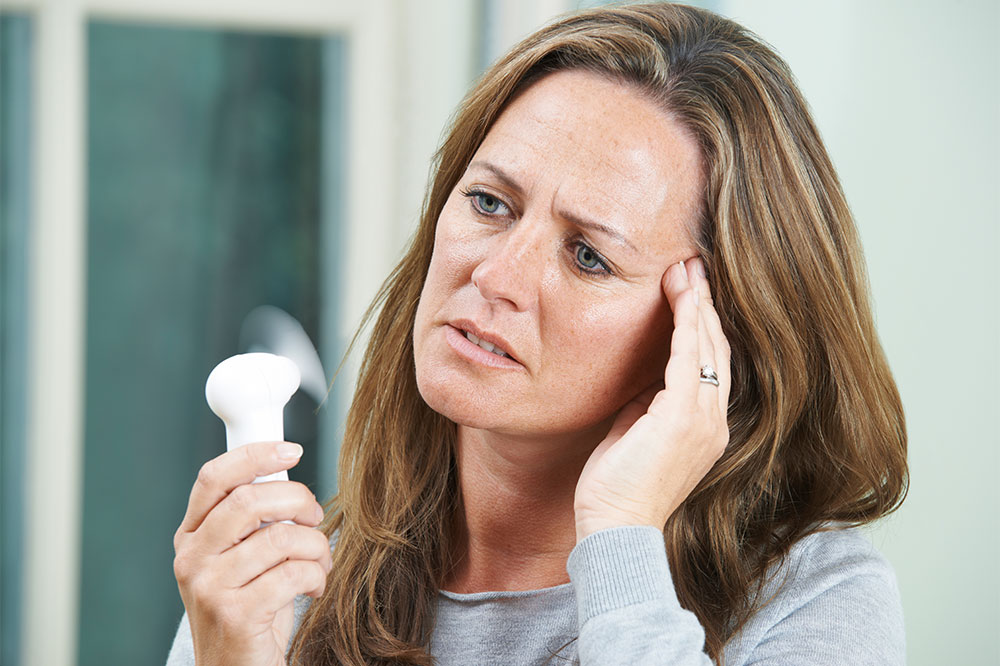Recognizing and Managing Common Menopause Symptoms
This article explores the key symptoms associated with menopause, including hot flashes, night sweats, hair loss, mood swings, fatigue, and more. It offers practical tips and treatment options to help women manage these changes smoothly and maintain quality of life during this transition period.

Recognizing and Managing Common Menopause Symptoms
Approaching your 40s and experiencing irregular menstrual cycles? You might be entering a new stage of life known as menopause. While the typical age for menopause in the U.S. is around 50, various lifestyle factors are causing this average to shift downward. Every woman will go through menopause, which can bring about various physical, emotional, and cognitive symptoms. Understanding these signs and adopting effective strategies can help you navigate this transition smoothly. Here are the ten most common menopause symptoms and tips to manage them:
1. Sudden Hot Flashes
During menopause, declining estrogen levels cause abrupt hot flashes, characterized by a feeling of intense heat spreading from the head to the body. To minimize their impact, stay in cool environments, manage stress, avoid spicy foods and caffeine, refrain from smoking, and wear loose-fitting clothing. Regular exercise and deep breathing exercises can also help reduce hot flashes. FDA-approved treatments like Intrarosa containing prasterone (DHEA) are available for relief.
2. Night Sweats
Often linked to hot flashes, night sweats involve intense heat sensations that disturb sleep. Enhancing room ventilation, wearing light clothing, and sleeping with breathable bedding can improve comfort and better sustain restful sleep.
3. Hair Thinning
Reduced estrogen impacts hair health, leading to dryness, thinning, and increased fall. Home remedies such as applying egg whites weekly, avoiding harsh chemicals, and using natural oils can promote healthier hair. Managing stress and including omega-3-rich foods like fish or fish oil supplements support hair strength.
4. Mood Variability
Menopause can trigger mood swings, feelings of irritability, or sadness. To manage these, avoid stressful situations, ensure adequate vitamin B12 intake, and consider mindfulness practices. Maintaining emotional health helps ease mood fluctuations.
5. Chronic Fatigue
Persistent exhaustion, even after restful sleep, is common during menopause due to hormonal imbalances. Combat fatigue by following a balanced diet, engaging in regular exercise, and prioritizing quality sleep.
6. Memory Challenges
Minor forgetfulness or cognitive lapses can occur. Keeping the mind active through learning new skills, puzzles, or language studies can aid mental sharpness and memory retention.
7. Reduced Sexual Desire
Lower estrogen levels often diminish libido. Open communication with your partner, addressing issues like vaginal dryness, and seeking medical advice can help restore intimacy.
8. Irregular Menstrual Cycles
Changing menstrual patterns are typical indicators of approaching menopause. Adequate mental and physical preparation can help handle irregular periods effectively.
9. Weight Gain
Hormonal fluctuations can slow metabolism, leading to weight accumulation around the abdomen. Incorporate high-intensity interval training (HIIT), cardio, and regular physical activity to manage weight.
10. Headaches
Unexpected headaches may become frequent. If headaches worsen or persist, consult a healthcare provider who might recommend hormone therapy to balance hormonal levels.










